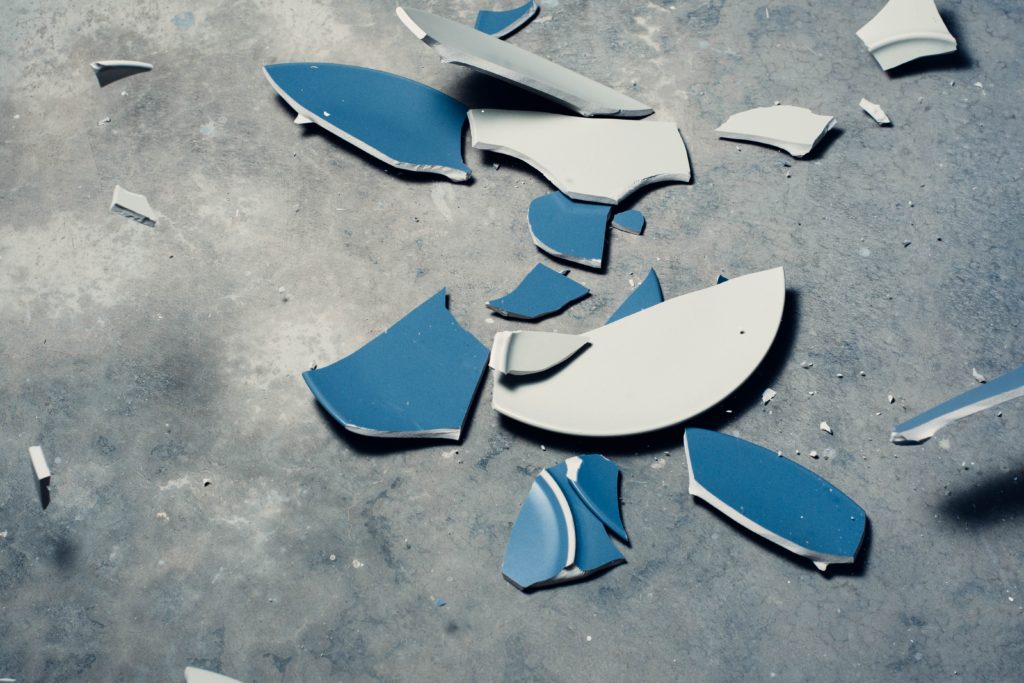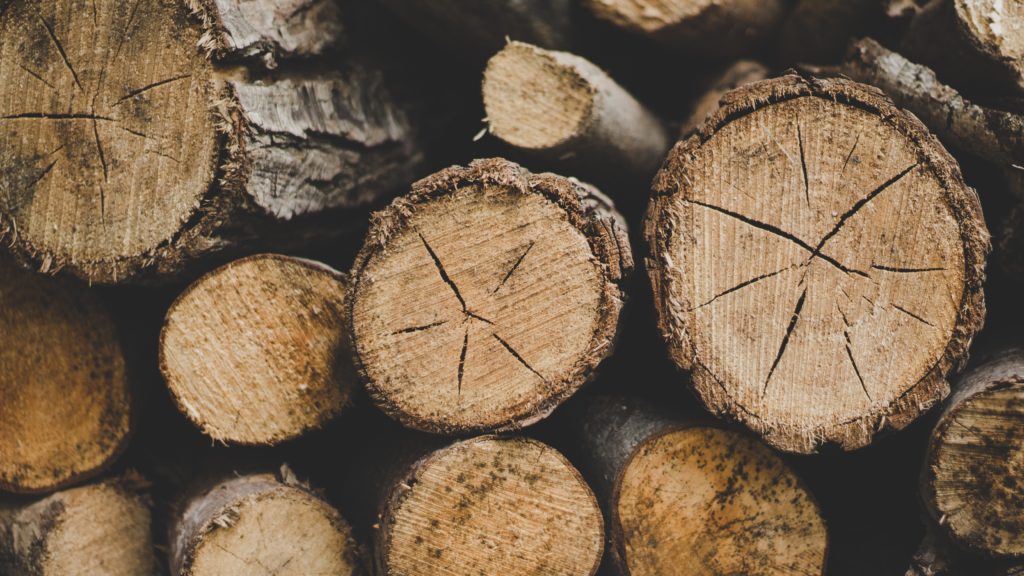
It’s so easy to play the blame ga
Spill coffee at work and we blame the manufacture of the cup. Break a plate at home and we blame our spouse or kids for distracting us. Trip over a crack in the sidewalk and we blame the city for not fixing it. Have an emotional outburst and we blame the stress of our job.
Since I’ve become a parent I have found myself playing the blame game more often than I’d like to admit. I often try to pin stuff on my eight-year-old daughter, but in reality it’s my fault.
I didn’t plan ahead or I didn’t provide what she needed—or most often I overreact to spilled milk… again. I didn’t set her up to win. She’s a kid and it’s rarely her fault.
Susan Krauss Whitbourne
- Blame is an excellent defense mechanism. Whether you call it projection, denial, or displacement, blame helps us preserve our sense of self-esteem by avoiding awareness of our own flaws or failings.
- Blame is a tool we use when we’re in attack mode. In other words,
blame is a way to try to hurt our spouse or kids when we are upset or feeling defensive. - We’re not very good at figuring out the causes of other people’s behavior, or even our own. The attributions we make, whether to luck or ability, can be distorted by our tendency to make illogical judgments. And we’re just as bad at making judgments involving the blameworthiness of actions in terms of intent vs. outcome.
- It’s easier to blame someone else than to accept responsibility. There’s less effort involved in recognizing our contributions to a bad situation than in accepting the fact that we’re actually at fault, and changing so we don’t do it again.
- People lie. It’s pretty easy just to lie and blame someone else even though we know we’re at fault. We may figure that no one will know it was really us who spilled coffee all over the break room, so we just blame someone else who’s not there (and hope that person never finds out).
So How do We Stop the Blame Game?
A few years ago I read a book called Extreme Ownership by Jocko Willink and Leif Babin who share hard-hitting, Navy SEAL combat stories that translate into lessons for business and life. It’s an awesome read!
Here’s what they say: “On any team, in any organization, all responsibility for success and failure rests with the leader. The leader must own everything in his or her world. There is no one else to blame. The leader must acknowledge mistakes and admit failures, take ownership of them, and develop a plan to win.”
How often do we attribute the success of others to luck or circumstances? But then blame our failures on bad luck, other people, or circumstances beyond our control?
I have found the principle of extreme ownership very helpful. It can be applied to family, parenting, marriage, work, church and about everything else.
I’ve also found that
“Do not judge others, and you will not be judged. 2 For you will be treated as you treat others. The standard you use in judging is the standard by which you will be judged. 3 “And why worry about a speck in your friend’s eye when you have a log in your own? 4 How can you think of saying to your friend, ‘Let me help you get rid of that speck in your eye,’ when you can’t see past the log in your own eye? 5 Hypocrite!
Bottom line is that the blame game never works and always comes back to bite us. It might feel good
When I take extreme ownership for mistakes in my home, even when they are not mine, everything goes better. In fact, my family follows my lead and owns up to their mistakes much easier as well. The alternative is strife, harshness, and critical attitudes. Who wants that?
Jesus says to judge ourselves.

What About Mercy?
But you know what? I have found this principle impossible to do without a
The answer is yes. Both John 3:17 and John 12:47 tell us Jesus didn’t come to judge us but to save us. It’s so important to ALWAYS read the Bible through the lens of redemption (who Jesus is and what He has done).
So often we read the Sermon on the Mount (Matthew 5-7) as a list of rules to live up to. But what if Jesus’ intent was for us to come to the end of ourselves and realize that we need Him more than ever? To set the bar so high that we have to fall on His mercy?
Can you really stop blaming others by trying harder to do better? By living up to a set of rules? Good luck with that. I’ve tried and I can’t!
But when I remember John 3:16-17, that love and acceptance is at the core of my redemption and transformation, I now find grace for myself and for others.
Bottom line is the principle of “not judging” is true and a game changer. I’m not saying don’t do what Jesus said. We need to stop the blame game. We need to take extreme ownership of our mistakes.
But the power to actually live it out is found in the mercy and grace of Jesus. Remember He’s not judging us, so we don’t have to blame or judge others. He humbled himself and took total ownership of our sin, so we can humble ourselves and take total ownership of the areas we lead.
Here’s my challenge: By the grace of God, judge yourself. See yourself as God sees you. I believe what you’ll find is mercy for yourself and you’ll be able to extend mercy to others. It’s with compassion and mercy that we can lead and take ownership. THEN, over this next week when you are tempted to play the blame game, take a moment to look into the mirror and take total ownership.
Prayer: Jesus, thank you for your unending mercy and grace which is the help we need to stop the blame game.
Resource: Extreme Ownership by Jocko Willink and Leif Babin
Question